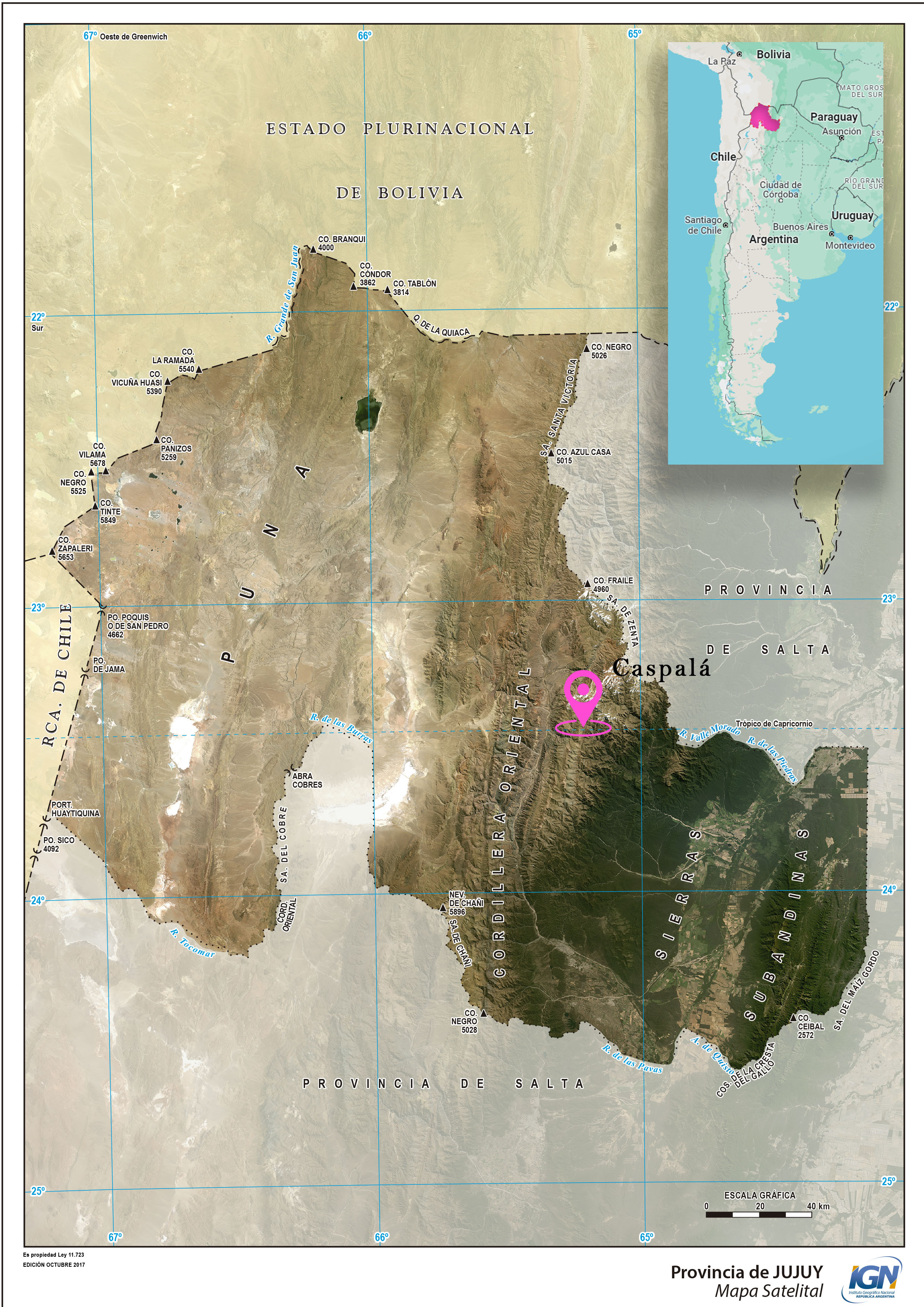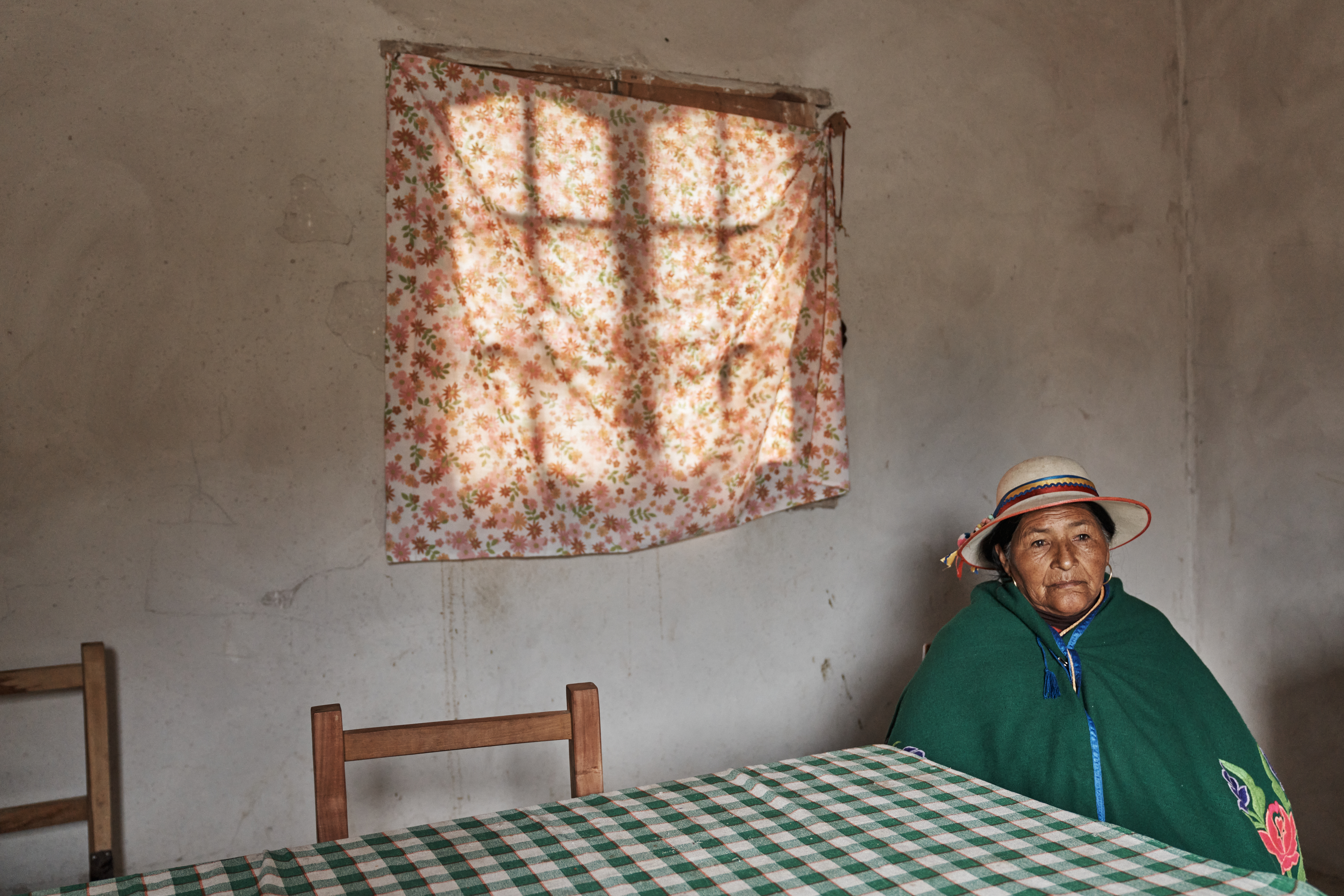The women of Caspalá:
Archaeology of resistance
Archaeology of resistance
Some of these images are being used by the lawyer of
Caspalá’s community in the defense of 17 women
who were accused of territorial usurpation by the government.
Selected to be part of the next Photo Vogue festival
(Latin America Panorama)
Supported by Art Work Projects
Update: In November 2024, the justice system ordered the government of Jujuy to return the community-use soccer field it had expropriated and to repair the damage caused to an archaeological site.

The project focus on the struggle of the indigenous women of Caspalá, who are being politically persecuted by the government for resisting eviction over their ancestral territories. Located in the Valleys region of Jujuy, in northern Argentina, Caspalá is a small village of 250 inhabitants. In 2021, it has been declared one of the most beautiful towns in the world by the World Organization Travel. This sparked new economic interests on these lands that were not usually visited by tourists before.

Since she
was a little girl, Paola Coronel (27) has been finding fragments of
pre-Hispanic objects while walking through the hills to find her sheep. Pots,
arrowheads, bones—her grandparents always told her not to touch anything. They
taught her to respect that sacred territory that belonged to her ancestors and
that
she is determined to defend.
she is determined to defend.



Caspalá is a small village of 250 inhabitants located in the high valleys of Jujuy. The nearest city is a 6-hour drive away on a mountain road. Its inhabitants are descendants of the Koya nation, who have inhabited the area since pre-Hispanic times. The mountains are crossed by ancestral roads like the Qhapaq Ñan. Wherever one walks, there are traces of past civilizations.


The women of Caspalá have maintained a rural and community way of life. They embroider colorful ponchos with flowers, plant corn and potatoes, ride horses and mules, raise sheep, and live a quiet life. At least they did until November 18, 2022. That day, women, grandmothers, and children were repressed by police forces who came to evict them from the community soccer field, the cultural hub of the town. Since that day, nothing has been the same in Caspala.


In 2021, Caspalá was declared one of the most beautiful towns in the world by the World Organization Travel. This sparked new economic interests in these lands that were not usually visited by tourists. The women resisted that first advance and managed to stop the construction but still carry psychological sequelae from that episode.


In early
2024, 17 of these women were accused by the government of territorial
usurpation, theft, and damage to the land where they, their grandparents, and
their great-grandparents were born. The persecution of indigenous leaders is
something very common in the province of Jujuy. This is worsening amidst an
increasingly challenging socio-political landscape, characterized by the
emergence of a new far-right government in the country.



[spanish]